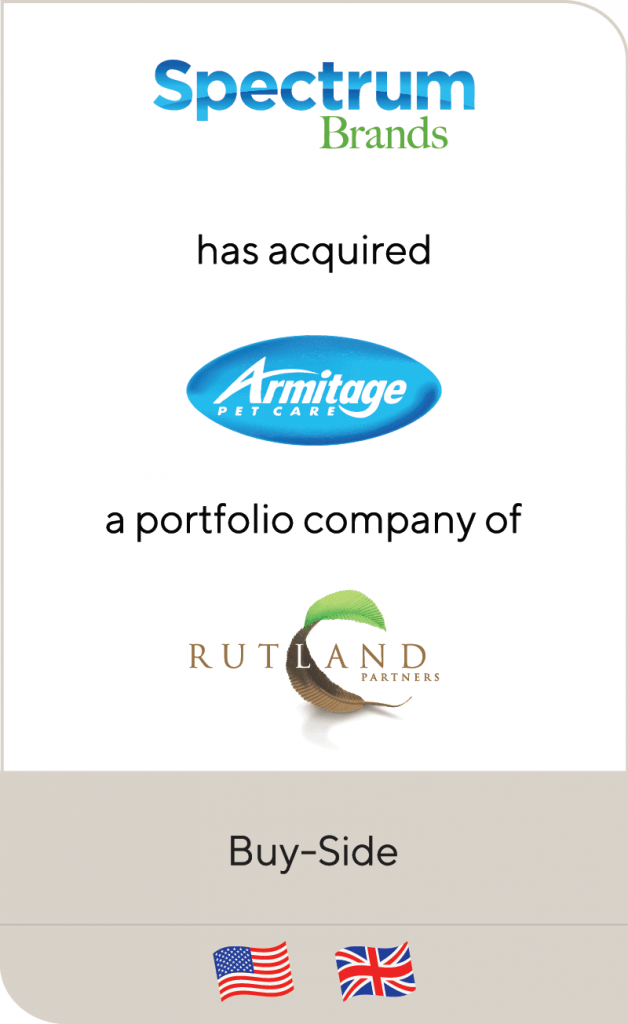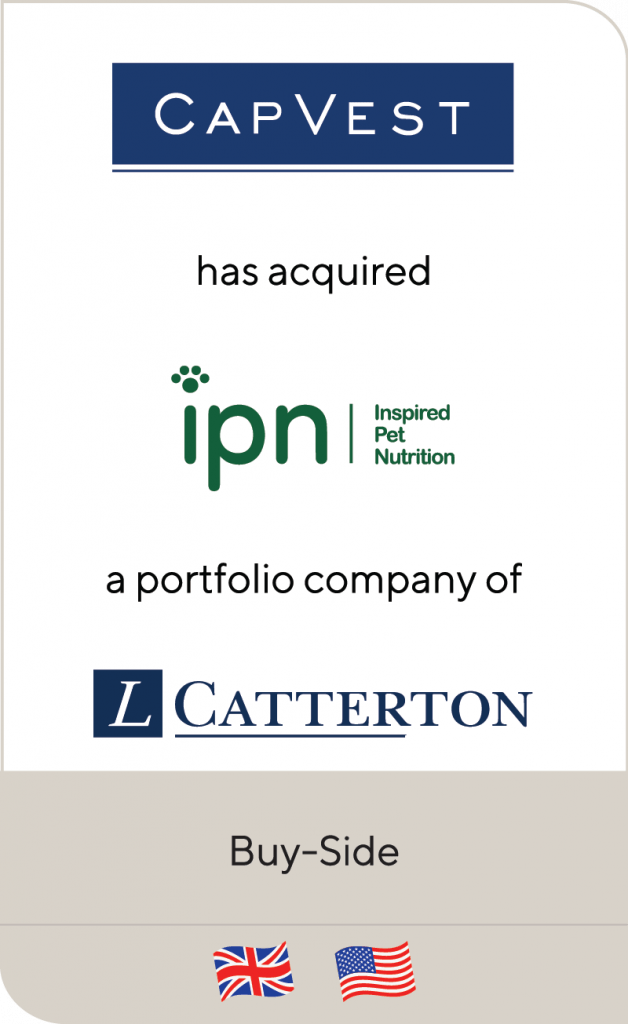The Hidden Gem in European Pet Food: European Investors Spot New Opportunity in Raw & Gently Cooked Pet Food
European investors are capitalizing on the fastest growing segment of the European pet food category, powered by pet owners’ ongoing desire for higher quality and natural food options for their pet family members. The European pet edibles market is now worth approximately €30 billion and is growing at 4-6% CAGR, whilst the natural segment is worth approximately €5 billion, outgrowing the broader market with approximately 7-9% CAGR. However, within this natural segment, the market for natural and minimally processed foods i.e. raw and gently cooked (‘freshly prepared’) pet food, whilst smaller in scale (approximately €1 billion), is experiencing the fastest growth (9-11% CAGR), grabbing the attention of private equity and strategic investors.
Consumers are increasingly pursuing the same qualities in their pet foods that they demand for themselves: wellness and clean, high-quality ingredients. The raw and gently cooked category is considered the most premium pet food, being minimally processed and retaining high nutritional content without additives often used to lengthen a product’s shelf life. Even during times of economic downturn, we’ve observed that most pet owners continue to prioritize premium products for their companion animals.
In the European market, many raw and gently cooked pet food brands are smaller venture capital-backed or privately-owned companies. Many of these early-stage brands are balancing the rapidly changing, inflationary conditions defining today’s marketplace with the rate of consumer demand and their own ambitions to grow. As it may become more difficult to raise venture funding, Lincoln International expects brands to consider mergers and acquisitions (M&A) as an alternative in the near-term.
Summary
-
As buyers and sellers navigate the fast-growing European pet food industry, Lincoln’s experts offer several considerations to note.
- Click here to download a printable version of this perspective.
- Sign up to receive Lincoln's perspectives
Lincoln Perspective:
| As investors take note of the attractive growth rates among raw and gently cooked brands, a handful of scale players have begun to emerge. Earlier this year, Axcel agreed to purchase Voff Premium Pet Food, a European platform business comprised of nine natural pet food brands. Agrolimen, a Spanish-based business, has also grown its presence in minimally processed food offerings in both Europe and the U.S. Butternut Box, the UK-based direct-to-consumer (D2C) freshly prepared foods business, recently received fundraising in a round led by L-Catterton and subsequently saw sales grow by 51% in the year to December 2021.
Although platforms are being established, the subsector remains highly fragmented with a large number of early-stage companies ripe for consolidation. As buyers and sellers navigate the fast-growing industry, there are several considerations to note:
|
Recent Transactions
Lincoln has advised on numerous deals in the pet space, including the quickly growing area of natural pet foods. The highlighted transactions below demonstrate the firm’s extensive sector knowledge and ability to secure successful outcomes for industry players.
 |
Spectrum Brands has acquired Armitage Pet Care: Armitage Pet Care is the UK’s fastest growing pet treats and products business. The acquisition of Armitage will allow Spectrum Brands to significantly further its ambition of expanding its global pet care division in Europe, the Middle East and Africa (EMEA) across chosen key categories. |  |
CapVest has acquired Inspired Pet Nutrition: Affordable, nutritious and healthy pet foods manufacturer, Inspired Pet Nutrition, is one of the fastest growing pet foods brands of scale and is the leading dry dog food brand in UK grocery locations. The acquisition of Inspired Pet Nutrition will form the first element of a platform play in the pet food sector, building on CapVest’s significant wider sector experience. |
Contributors

I take a long-term approach to building relationships and understanding clients' businesses in order to provide timely and relevant advice.
Alex Masters
Managing Director & Co-Head of Consumer, Europe
LondonMeet Professionals with Complementary Expertise in Consumer

I design strategies and offer solutions that fit the unique ambitions of each client I serve.
Brian Little
Managing Director
Los Angeles
I take a long-term approach to building relationships and understanding clients' businesses in order to provide timely and relevant advice.
Alex Masters
Managing Director & Co-Head of Consumer, Europe
London
I empower my clients to achieve positive outcomes in the dynamic digital consumer landscape, leveraging deep sector expertise and a trusted, hands-on approach.
Monika Nickl
Managing Director & Co-Head of Consumer, Europe
Munich


















